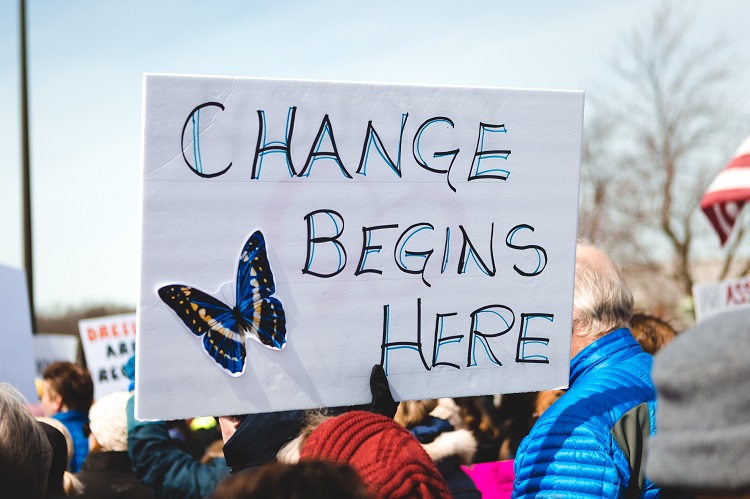As we think about the poor, the rich, the disadvantaged, and ourselves, I want to clarify two terms that are often confused; namely charity and fairness. Charity is usually defined as providing help or relief, often monetarily, to those in need. Fairness, on the other hand, is much more difficult to define. As I was searching for definitions of the word I found many that contradict each other. I think this accounts for some friendly criticism I received from a blogger at The Lesson Applied. So instead of focusing on that vague word as I did previously, let me make my point clear through an example.
Consider which of two hypothetical schools is preferable based on how three students are doing ten years after graduating. If they attended school A, after ten years:
- John is making $10,000 a year
- Suzy is making $20,000 a year
- Will is making $50,000 a year
If they attended school B, after ten years:
- John is making $15,000 a year
- Suzy is making $60,000 a year
- Will is making $450,000 a year
Which school do you want your child to go to?
Clearly school B is a better choice—even though the resulting income for these three individuals is more unequal (Will makes 30 times as much as John in the second scenario rather than 5 times as much in the first).
We want poor children to have better educations, not because wealthy children have them, but because a better education benefits the poor children and society. It’s the same reason that we should help the poor become more financially independent. We do this, not because it is “unfair” that they are so poor or because the rich are so much wealthier, but because it is good for them. We should measure progress, then, not by equality, but by how well we improve the situation of the people we are helping.
This distinction matters because there are many who advocate helping the poor as a matter of “fairness”—which means not just helping the poor for their own sake, but helping the poor to make society more equal. They believe that the disadvantaged have some kind of legal right to be taken care of by others.
I find that claim alarming and repulsive.
Alarming because it is false and leads to corruption and theft by means of the government—what Frederic Bastiat calls “legalized plunder.”
Repulsive because it confuses people about their duties and responsibilities as individuals. Many people abdicate their duty to care for the needy in their communities because the government claims to be meeting their needs. Yet we cannot transfer this duty or any other duties like loving our neighbors, training our children, or caring for our elderly parents, to the federal or state governments which have shown themselves to be inadequate; nor should we try to.
I suspect that though we are certainly a generous country compared with the rest of the world, on the margin we have more Scrooges than we used to have 50-100 years ago. This is because people think that the poor are being taken care of with their tax dollars; therefore they have no further obligation or duty to care for those in their communities. And even of those who give, many give less than they otherwise would if the government wasn’t taking that moral responsibility from them.
We need to change the way we talk about helping those less fortunate than ourselves. Instead of catering to our personal preferences about material equality or “fairness,” our plans should be determined by how much we are helping those in need.



